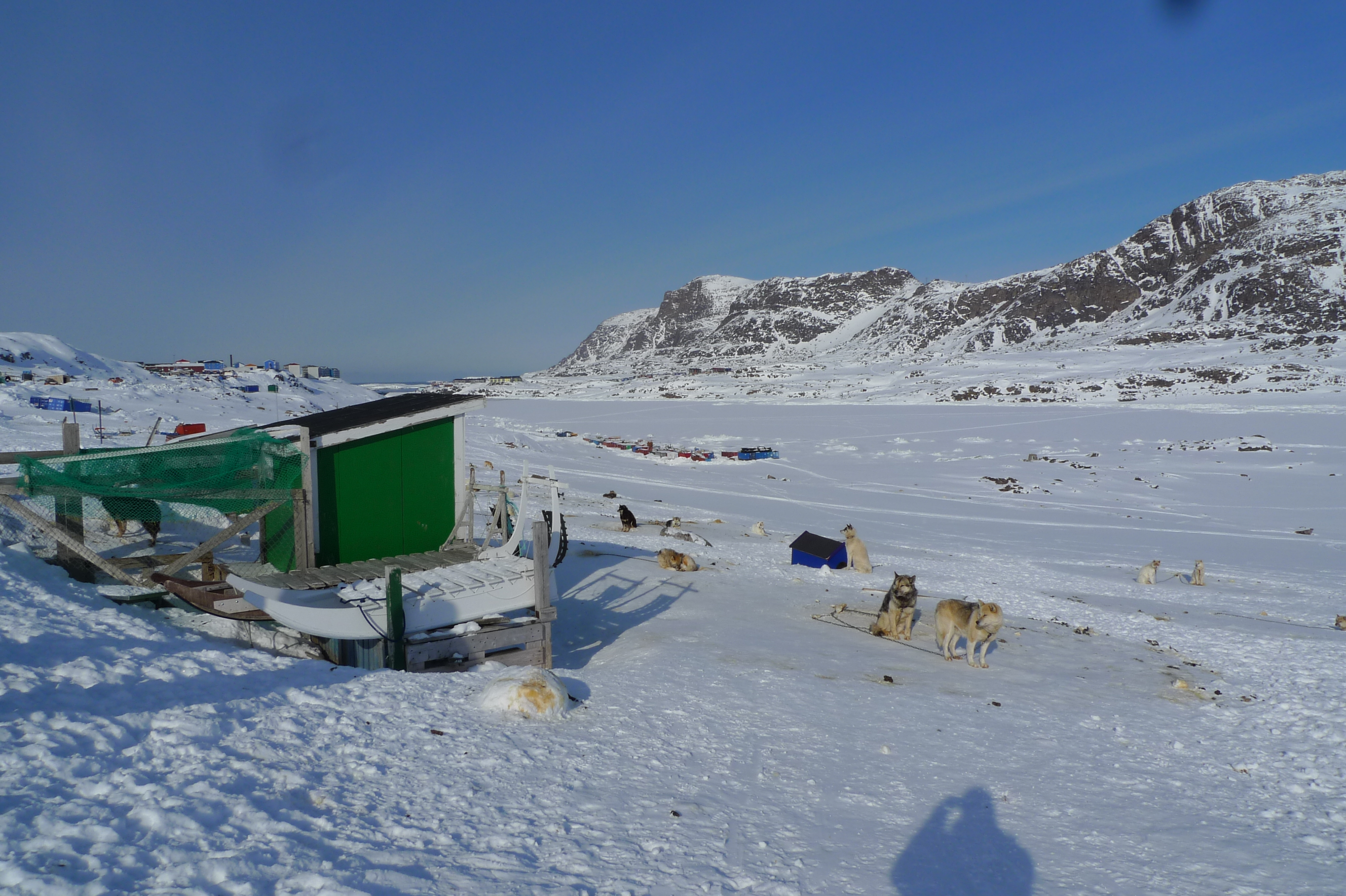In Greenland, a new national registry aims halt virus outbreaks in sled dogs

Veterinary officials in Greenland are rolling out a national registration system for pets as part of a raft of new measures aimed at preventing outbreaks of distemper and other canine illnesses.
The database, details of which were revealed in AG, a Greenlandic weekly, was established after legislation that took effect in January made it mandatory for all dogs in Greenland to be vaccinated against distemper and parvovirus, both fatal diseases, and rabies.
The vaccination program calls for all dogs in Greenland to receive three vaccination shots this year and a booster shot in three years.
Veterinary officials will maintain the UumaReg database, but tagging the country’s more than 14,000 sled dogs with a microchip will primarily be the responsibility of the 26 individuals who recently completed training in how to properly inject dogs.
The individuals all live in the so-called ‘sled-dog district’, above the polar circle. They will also be responsible for administering the vaccine in their area and making sure that stray dogs are reported to their owners.
Once completely online, the database will use the microchip to keep track of vaccination histories as well as other dogs an owner may own and an owner’s contact information.
All dogs are required to be included in the database, but the measures come amid an ongoing decline in the number of registered sled dogs by quarter over the past decade.
The fall in the population of sled dogs, considered to be a vital part of Greenland’s cultural heritage, is attributed to the widespread use of snowmobiles as a mode of transport. Veterinarians, however, say the decline in recent years is also due to occasional outbreaks of illnesses such as the distemper.
Work on the legislation that led to the new measures began after a distemper outbreak in January 2016 that saw 400 sled dogs in the Ilulissat area to either die from the illness or put down after showing signs of being infected.
Most recently, 20 dogs were put down this June in the settlement of Naajaat after contracting distemper.